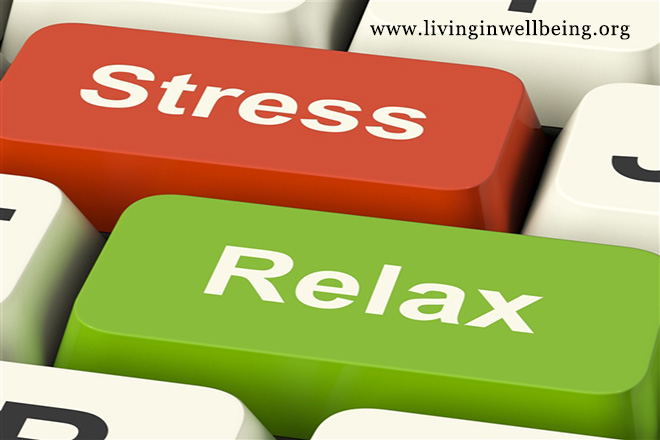
Stress and Its Management Using Vitamins for Stress
Stress is a normal part of life. In fact, everyone gets their daily dose of stress not just in the same levels. Stressful situations are often though of as negative experiences; however, stress can have positive effects. Stress in small doses can helpful; it can make a person stay alert and focus on the things that need to be done. Stress only becomes a problem when it is too much that it affects your daily activities.
Stress, in general, can be caused by a number of factors both internal and external. External factors are the ones that involve your physical environment such as your job, your relationships, and other situations, difficulties, expectation, and challenges that are experienced on a day-to-day basis. Internal factors, meanwhile, involves your ability to handle stress-inducing situations. Factors which could influence your ability to deal with stress include emotional, physical, and mental health. A person who leads a healthy-balanced lifestyle is less likely to get stressed out.
Everyone is equipped with a defense mechanism that helps in dealing with stress. However, such mechanisms can break down if a person is exposed to plenty of stressful situations. Excessive stress can affect a person to the point that emotional and behavioral symptoms show up. In some cases, physical symptoms are also experienced.
Physical symptoms of stress include difficulty in sleeping, muscle pain & tension, headache, fatigue, and gastrointestinal disturbances. Behavioral and emotional symptoms, meanwhile, include dietary changes (either overeating or loss of appetite), anxiety, nervousness, loss of energy, mood swings, irritability, and sometimes, depression. A person who is stressed out is more likely to engage in unhealthy habits such as alcohol abuse, use of illegal drugs, and cigarette smoking. He/she is also prone to making unhealthy food choices. Such unhealthy habits can often aggravate the symptoms that are associated with stress, thus leading to a cycle of harmful actions and stress symptoms.
Stress, if left alone, can be very disabling. It can have negative effects on your work and home environment. Once the harmful effects of stress set in, it is best to take immediate action. The sooner that stress is managed; the sooner you can get back to your normal state.
There are a number of ways to manage stress and the first step is to know what causes it. The moment the cause of stress is figured out, get away from the situation or address it. Sometimes, getting away from the stress-inducing situation is all that is needed to reduce the anxiety and nervousness.
If you think you can not address or get away from what stresses you, you might want to find another way to deal with the stress. One of the recommended ways to manage stress is to use vitamins for stress. Experts agree that getting plenty of minerals and vitamins for stress can help the body combat stress.
Vitamin E is one of the vitamins needed to fight stress. It is a powerful antioxidant and works in conjunction with selenium and vitamin C to boost the immune system. Since the immune system is most likely to be compromised when one is stressed out, you need to take in plenty of vitamin E-rich foods. The lack of vitamin E while you are stressed out can also result to cardiovascular, nervous, and muscular system damage.
Another of the important vitamins for stress is vitamin C. Free radicals are very active during stressful moments. This is because vitamin C stores are depleted when you are stressed; this leaves the free radicals free to destroy the components of a healthy cell including its membrane, DNA, and RNA. Because of this, you need to include vitamin C sources in your diet.
Vitamin A is also one of the vitamins for stress. Your adrenal gland functions are at their lowest when you are stressed. In order to get it back to its normal status, you need to take in plenty of vitamin A.
Vitamins from the B-complex are also needed when you are stressed out. These vitamins are essential in the proper functioning of your central nervous system. Since stress can cause stress to your CNS, you need to get enough of these vitamins.
Aside from the mentioned vitamins for stress, you also need to get minerals such as calcium, magnesium, potassium, selenium, and zinc. Since these minerals are also depleted during bouts of stress, you need to replenish their stores in your body as well. At the right levels, these minerals also boost the body's systems and help it fight the symptoms associated with stress.












